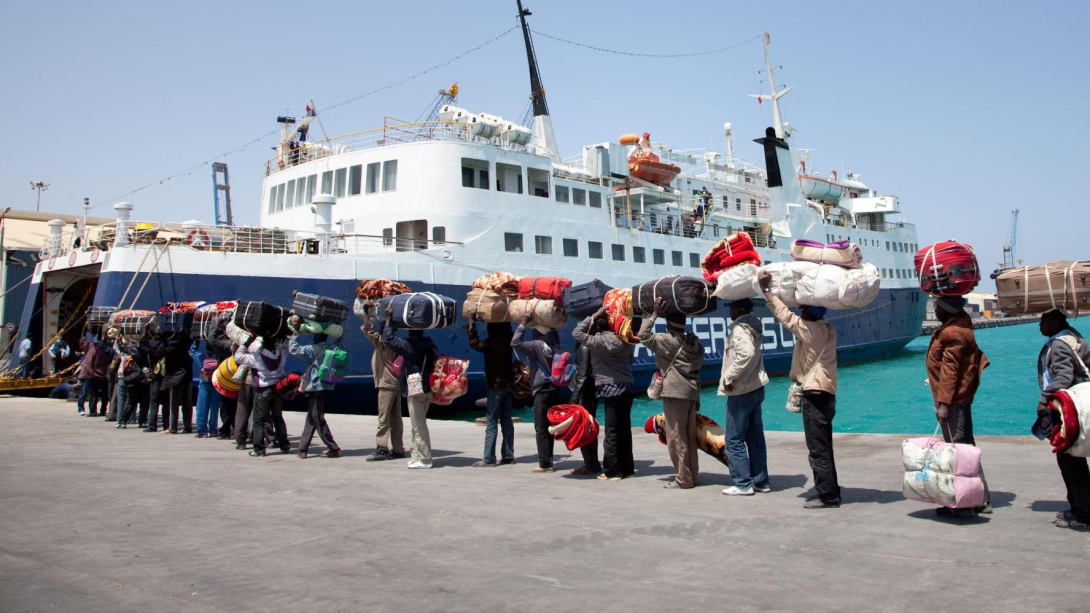
In an increasingly interconnected world, the lives and livelihoods of migrants are at growing risk when crisis situations arise in their host countries. Conflicts and natural disasters, such as civil unrest, earthquakes, and hurricanes, can leave migrants particularly vulnerable, often without adequate support or protection frameworks. The Migrants in Countries in Crisis (MICIC) Initiative, developed by the International Organization for Migration (IOM) with key international partners, addresses these vulnerabilities through a collaborative, government-led approach.
Objective of the MICIC Initiative
The MICIC Initiative’s core mission is to enhance the international community’s capacity to protect migrants who find themselves in crisis situations abroad. By focusing on preparedness, response, and recovery phases, the MICIC Initiative is developing a set of non-binding, voluntary principles, guidelines, and effective practices. These tools will enable governments, international organizations, civil society, and the private sector to better support migrants in emergency scenarios, ensuring their dignity, safety, and rights are upheld.
Why Migrants Need Special Protection in Crisis Situations
Migrants often lack the social support networks and legal protections that citizens have, making them more vulnerable when a crisis unfolds. Without a specific international mandate for their protection, migrants are at risk of "falling through the cracks" during responses to crises. The MICIC Initiative highlights this gap and promotes a structured, collaborative approach to safeguarding the well-being of migrants, whether they are temporary visitors, students, workers, or residents with limited legal status.
A Collaborative, Consultative Process
To ensure a comprehensive response, the MICIC Initiative brings together a diverse coalition of governments and organizations, including the United States, Philippines, Australia, Bangladesh, Costa Rica, Ethiopia, and the European Commission, along with UNHCR and other stakeholders. Through regional consultations, stakeholder meetings, webinars, and targeted interviews, the MICIC Initiative is gathering insights and best practices to create a strong evidence base for future action.
The Framework for Action
The MICIC Initiative’s framework focuses on three key phases:
- Pre-crisis – Assessing vulnerabilities and preparing contingency plans to ensure robust migrant support.
- Crisis Response – Providing targeted, life-saving assistance tailored to migrants’ unique challenges.
- Post-crisis – Addressing long-term needs such as reintegration, livelihood restoration, and mental health support for migrants who return home or resettle elsewhere.
This approach aims to minimize negative impacts on migrants and facilitate resilient outcomes for both host and origin communities.
What’s Next for the MICIC Initiative?
The MICIC Initiative aims to launch its voluntary principles and guidelines in mid-2016, providing a global framework for crisis response and migrant protection. Supported by the European Commission and the United States, a series of regional consultations and stakeholder meetings will ensure the final framework reflects diverse perspectives and addresses the realities migrants face.
For more information on the MICIC Initiative and how you can support its mission, please visit the MICIC Initiative Website.